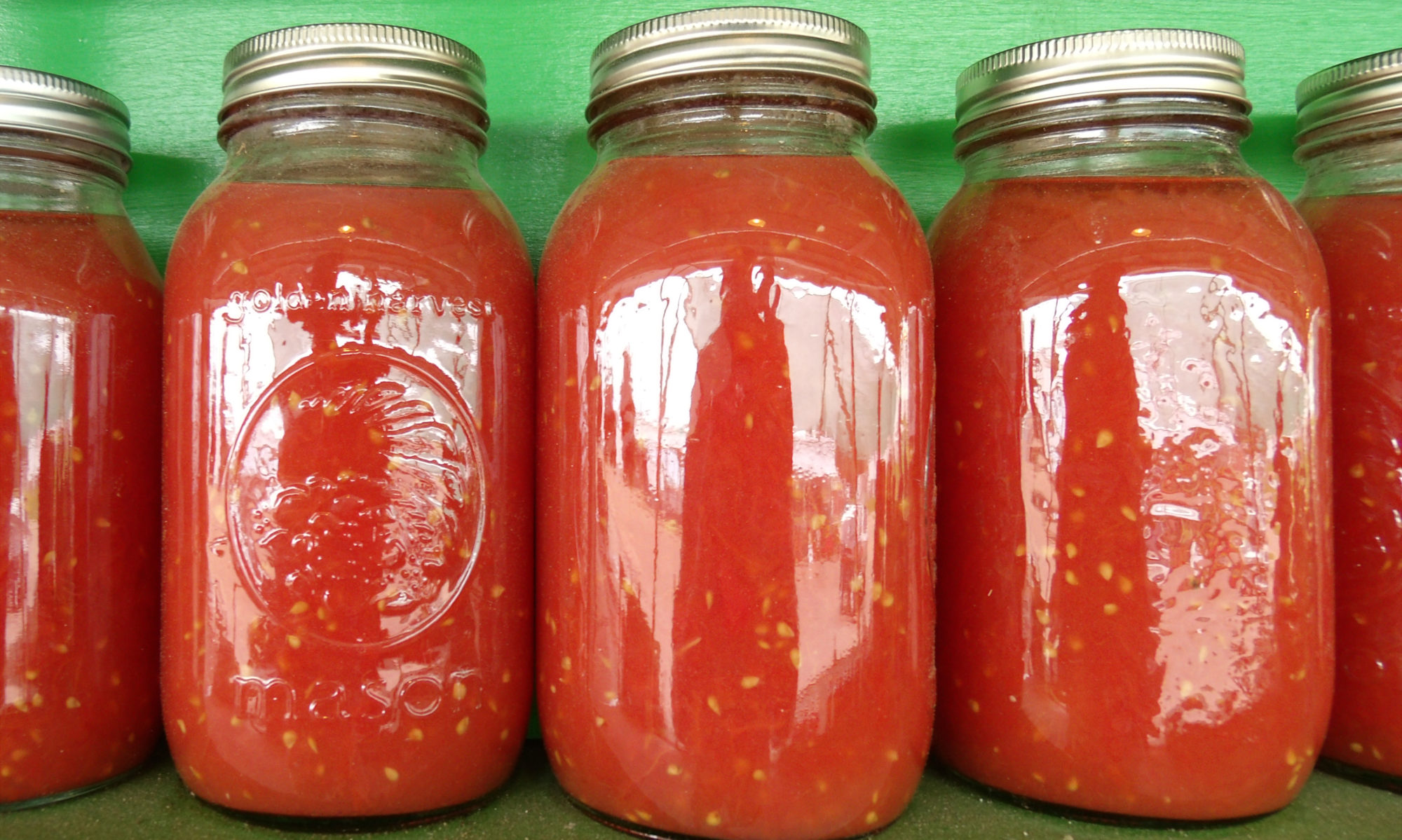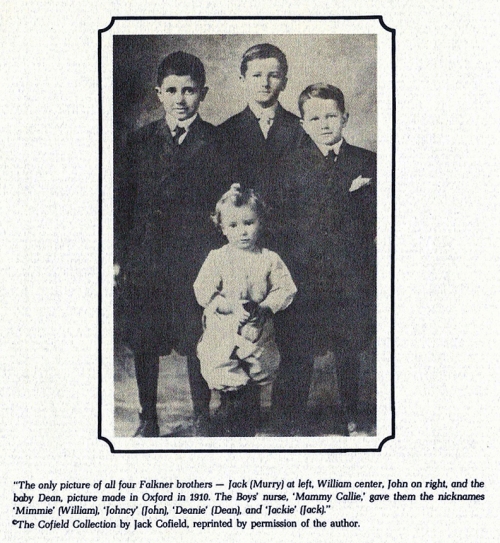Larry Wayne Thomas breezed into my life on a random wind, and we sailed together on the same sea for many years.
We first met in April, 1976. I was a freshman at Ole Miss, where L.W. was teaching English. My roommate, a dissolute mental lightweight who went on to serve two spectacularly disgraceful terms in the Mississippi legislature, was his student. He paid me to write his term paper for L.W.’s class. Not only did I write it, but I was prevailed upon to deliver it to his teacher’s office at the last minute.
L.W., a handsome young man in a tiny office in Bondurant, received the paper and my lame excuse about the roommate being called home due to a family emergency with undisguised ill-humor. The paper got an “A”, the roommate passed the class with a “C” and I walked away with thirty bucks. When I finally got around to telling L.W. this over twenty years later, he said, “I knew that idiot couldn’t have written that paper.”
We came to know each other well during the intervening years, seeing one another around town, mostly at watering holes such as the Rose, the Gin or Ireland’s, among many mutual friends such as George Kehoe, Jere and Joe Allen and his future bride, Jean Tatum.
L.W. began working at the Warehouse about that time while I bounced from one ill-fated restaurant to another. After the failure of Audie Michael’s, I found myself unemployed. Shortly after that, L.W. came to my apartment and offered me a job at the Warehouse. I don’t know whose idea it was, his, Frank Odom’s or Don Carlisle’s, but of course I took the job and for years he and I worked in what at that time was Oxford’s best and best-known restaurant.
L.W. was my immediate boss, the primary liaison between the kitchen and the floor, a job that’s bound to make anyone a nervous wreck, and L.W. was no exception; busy nights reduced him to fussing, fretting, and, inevitably, intoxication. My job, as I saw it, was to keep the kitchen working smoothly, which involved a minimum amount of interference from management.
L.W. and I had our disagreements mostly about how to cook, where in the final court of authority I had more standing, but after the last tables were served, everything was copacetic. Outside the kitchen doors, with his droll wit and unfailing good humor, L.W. was the most congenial, amiable restaurant host possible. He knew everybody and everybody knew him, and (for the most part) their knowledge of one another was infused with warmth.
L.W. traveled in higher social circles, but we often found one another bellied up to a bar, and we’d bend elbows together. L.W. Thomas was smart as a whip, funny, a joy to be around, and I basked in his company, never failing to take away strings of bon mots and slews of piercing observations about the state of mankind in Lafayette County, Mississippi and beyond.
When I began to call him Uncle L., a sobriquet his many friends used, he put up a fuss, but anybody who knew him will tell you L.W.’s standards of behavior transcended the rocky populace he found himself mired among.
The morning after the Warehouse burned, February 16, 1983 we met one another on the northeast corner of the Square and walked east on Jackson Avenue. We barely spoke until we got to the smoking ruins of Country Village. We stood there for a moment, and L.W. gave voice to what was running through both of our minds: “It didn’t start in our kitchen.”
We both moved away after that; me to Florida, L.W. to Colorado. I returned to Oxford after four years and re-entered Ole Miss, but I got L.W.’s address from a mutual friend and wrote to him, saying how much I missed him and half-jokingly urging him to move back.
Well, he did, and though I have a feeling that he was just as miserable in Colorado as I was in Florida and my plea was just added incentive, he later told me on more than one occasion that my letter made him so homesick he just had to return.
It wasn’t long afterwards that I moved from Oxford again. To my everlasting regret, I missed his wedding to Jean, and as fate would have it, I never saw my Uncle L. again.
How I wish I could write him another letter and bring him back










